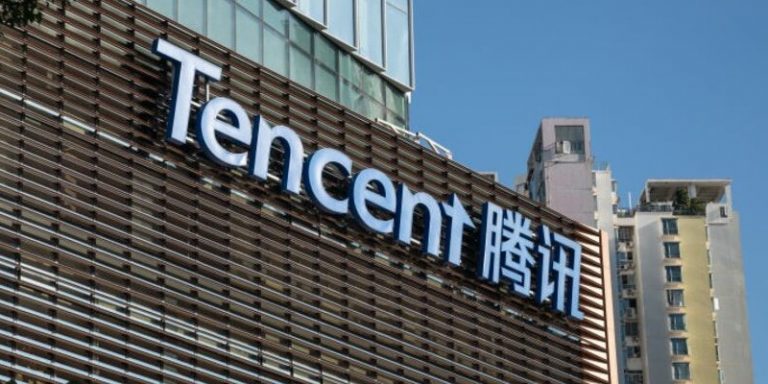
Some time ago, NVIDIA and Sony proposed their latest patented innovations in the world of video games. Now it’s Tencent’s turn to announce the launch of a facial recognition program of its own design to “fight” gaming addiction among teenage gamers, mainly, and adapt to the Chinese legislative framework. The tool, called “Midnight Patrol” , will track the screen time and game play of young gamers, especially during the night.
Artificial intelligence to enforce a Chinese law fighting video game addiction
In 2019, China passed a law that aims to “prevent” minors from engaging in online gaming and thus, becoming addicted to it. Thus, young Chinese are forbidden to play video games between 10 pm and 8 am, while their maximum playing time is increased to 90 minutes. Other limitations include a ban on spending more than $57 per month on microtransactions (often used to pay for online games or in-game bonuses).
At the same time, the country’s National Press and Publication Administration and the Ministry of Public Security said they were working together to establish a “unified identification system” for games. Tencent is one of the technology giants that these two bodies are working with to ensure that these laws are implemented.
After several months of work, the Chinese firm is proposing its new Midnight Patrol system, a facial recognition program that will track the play time of children and teenagers at night. The system will be implemented in about 60 games launched by the company including PlayerUnknown’s Battlegrounds (PUBG) mobile version, one of the most played battle royale games in China.
How does the tool work?
The brand clarifies how its tool works to users:
“We will perform a face check for accounts registered with real names that have played for a certain period of time overnight. Anyone who refuses or fails the face check will be treated as a minor, and as indicated in the anti-ban supervision of Tencent’s game health system, is taken offline.”
Users deemed minor by the AI will then be blocked from the range of games Midnight Patrol is operated for if they exceed the maximum play time or play during the night. If the system blocks an adult by mistake, it will be entirely possible for them to submit another face scan.
Non-existent data protection and attempts at justification
While this remains speculation, it is entirely conceivable that Chinese authorities could choose to retrieve all of Tencent’s facial recognition data for the country’s emerging social credit system: a social rating system that has prevented, for example, millions of people from booking flights or trains since its inception. A practice completely unimaginable in France or more widely in Europe. The data will allow Tencent to learn more about players’ habits (length of play, frequency of play, etc.).
Of course, a Chinese state media for Westerners, Sixth Tone, tried to justify the use of this system by the context of alleged thefts by teenagers looking for money to make microtransactions or by reports that young Chinese spend a lot of time in Internet cafes, while it should be noted that these places are often the only ones where Chinese can play as computer equipment is expensive in the country.
What is sure is that since July 6, 2021, the facial verification system of Tencent’s gaming platform was implemented on Tuesday and is associated with the data of the country’s central public security system.
Translated from Tencent lance un outil de reconnaissance faciale pour “lutter” contre la dépendance aux jeux vidéos









